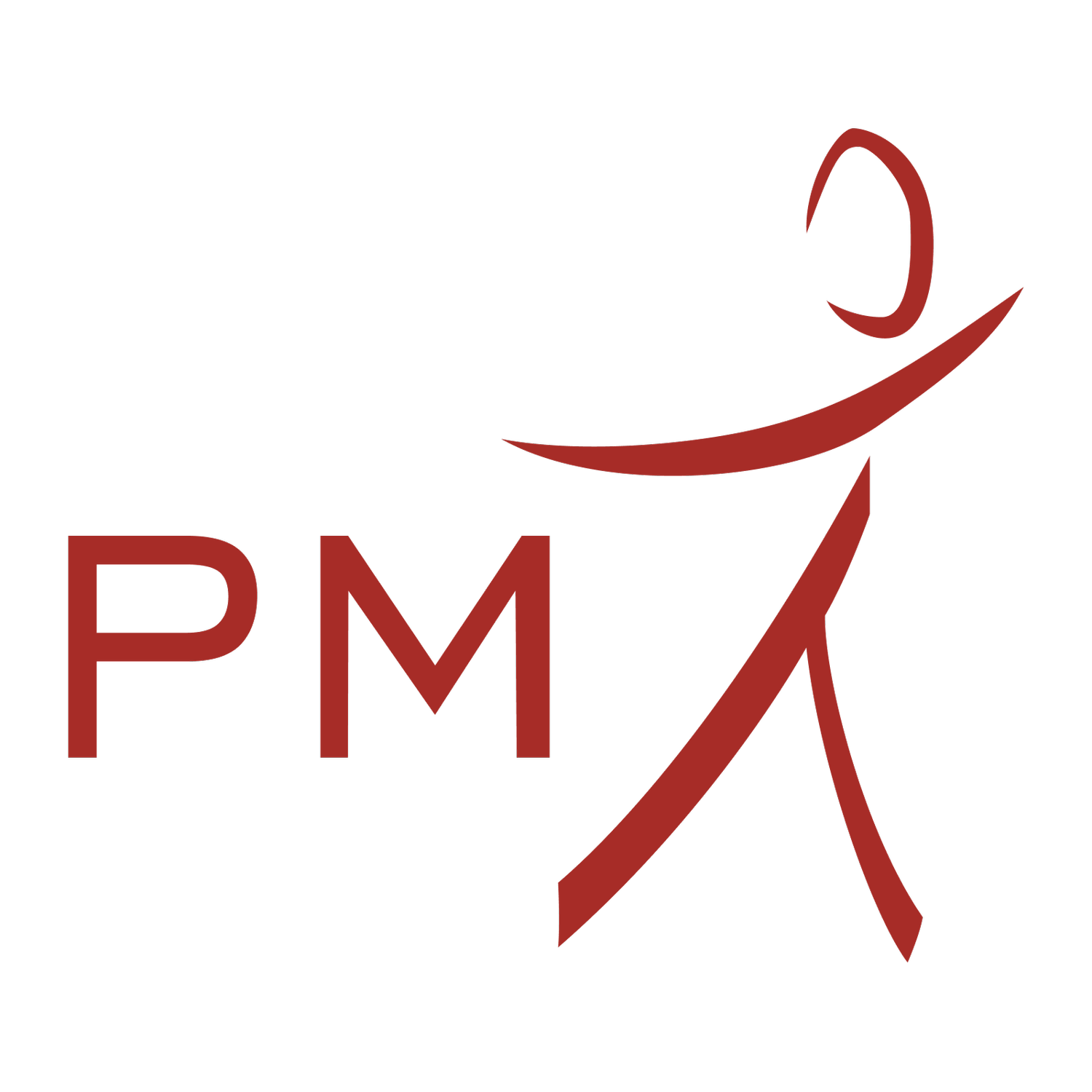Acupuncture & Dry Needling
In line with our holistic approach to health, our therapists offer acupuncture and dry needling to address the following issues:
Musculoskeletal pain syndromes
Deep release of muscles & fascia
Desensitisation of trigger points in tight muscles
Visceral issues: indigestion, insomnia, liver, kidney & thyroid dysfunction
Circulatory problems
Infertility
Stress management, mental health & well-being
Positional adjustment of babies preparing for delivery with expectant mothers if the baby is in breech, posterior or transverse positions.
Acupuncture is an important branch of Traditional Chinese Medicine (TCM) used in the prevention and treatment of various ailments from acute musculoskeletal disorders to chronic pain syndromes.
How does it work?
Fine sterile single use needles are inserted into various acupoints along the body’s meridians, which are the pathways where the ‘qi’ (life energy) & blood of the human body are circulated. Acupoints along the meridian’s that are used during acupuncture, form an interlinking network to the musculoskeletal system and other organs. Depending on the ailment, specific acupoints are then selected to strengthen and unblock the ‘qi’.
Research has shown that acupuncture and dry needling techniques can be used to ‘release’ trigger points by inducing relaxation of muscles while simultaneously stimulating the production of your body’s own natural endorphins – nature’s pain killers. This unique approach of East meets West is yet just another way to treat pain and dysfunction in an efficient and holistic manner.
Acupuncture and Fertility
Women having difficulties conceiving or experiencing miscarriages, and men suffering from infertility can benefit from acupuncture to assist in restoring the body’s balance to increase the chance of conception and sustain the pregnancy by reducing stress, increasing blood flow to the reproductive organs and balancing the endocrine system.
One of the ways acupuncture treatment increases fertility is by reducing stress, which is often a key factor in the fertility of both men and women. When people are under stress, the hormone cortisol is released in the brain. This alters the brain’s neurochemical balance, thus changing hormone levels and disrupting the pituitary balance that is key to the reproductive cycle.





